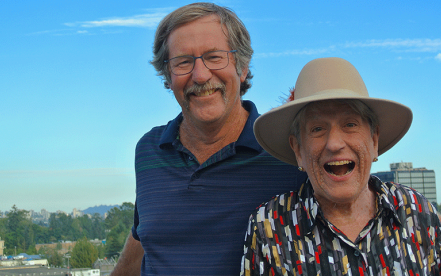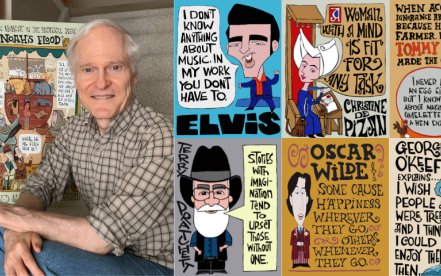Transforming lives through philanthropy at Canada's engaged university
Leaving a meaningful legacy: five mistakes to avoid when writing your will

For many people, a charitable gift in your will enables you to leave a lasting legacy and also realize important tax savings. A thoughtful, well-written will can offer peace of mind and be a meaningful expression of your values. When planning your estate, be sure to avoid these five common mistakes:
- Forgetting about taxes. For many Canadians, the largest tax bill you will ever pay is in your estate. Capital gains taxes, deemed withdrawal of RRSPs and probate can end up resulting in a large unforeseen tax bill. But with good planning, there are simple ways to reduce the amount of tax owed in your estate. In the year of death and the previous year, a donor may be able to claim a credit for donations up to 100% of their net income.
- Thinking you need to be rich to leave a meaningful charitable gift. Many people believe that they can’t support both their loved ones and their favourite cause with their will. The truth is, just a small percentage of your estate left to charity can have a big impact, while still leaving the majority for loved ones. Choosing to support your charity can also reduce and, in some cases, even eliminate the taxes to be paid. A win-win!
- Not telling your family about your plans. For many people, leaving a gift to their favourite causes in their will is a way to celebrate their life and their values. Talking to your loved ones about your estate plans can seem uncomfortable. But it doesn’t have to be! Sharing your values and the change you want to see in the world can kick-start the conversation and may even motivate your loved ones to think about their own estate plans.
- Not talking to the charities you want to support. Connecting with the charities you wish to support is always a good idea. Many will be able to provide you sample clause language with their charitable registration number and address. If you’d like to designate your gift to something specific, be sure to have a conversation to ensure your wishes can be honoured by the charity.
- Not getting it done. The biggest mistake people make is not completing a will. A properly prepared will is an important document not just for you, but also for your loved ones. Making sure you have a valid will that explains your wishes takes the burden off your loved ones to guess (or even argue) what your wishes might be.

This piece was written by Rory Green,
Senior Director, Principal and Planned Gifts. The SFU Gift & Estate Planning team has many free tools and resources available for you to learn more. If you have any questions, please don’t hesitate to contact them at: giftandestate@sfu.ca


